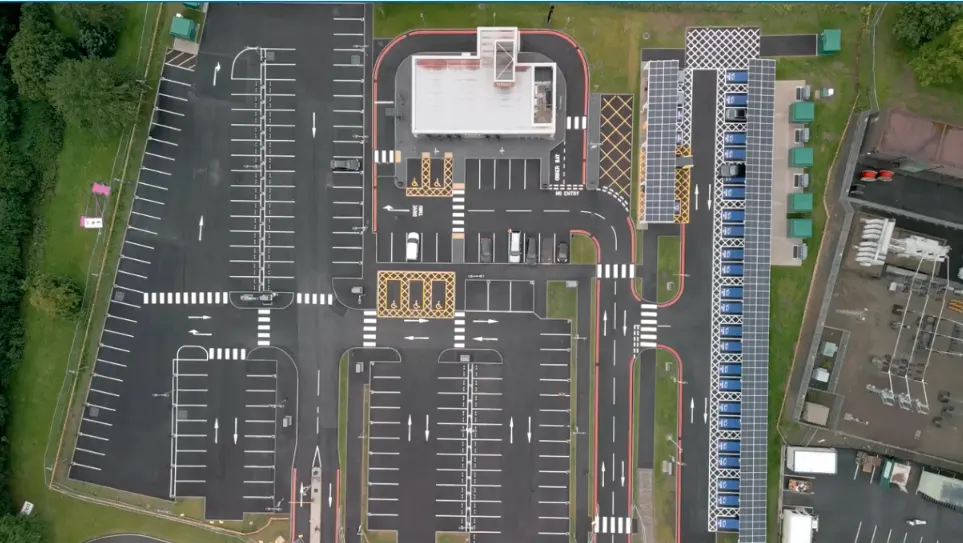As electric company cars and van become more widespread, fleets are demanding rapid and ultra-rapid chargers to minimise downtime and protect productivity
If the first wave of electric vehicle (EV) adoption was characterised by cars with modest ranges that charged at home, the second wave looks very different. The rapid transition of fleets to electric powertrains is creating a tsunami of electric company cars, capable of longer ranges and faster-charging, with an increasing number driven by employees unable to install a home charger because off-street parking is not available to them.
The result is a surge in demand for convenient, ultra-fast public charging, both close to home and on the road, as drivers undertake longer journeys that require mid trip battery top-ups and charges.
“What we hear from our fleet customers is that they want rapid and ultra-fast charging,” said Jens Andersen, Chief Network Officer at bp pulse. “They are on the go, transient, busy, and they want to minimise their downtime. Fleets don’t want downtime, it’s a cost.”
bp pulse is committed to developing its high-speed charging network, already one of the largest in the country, with plans to invest up to £1 billion by the end of the decade to enable the electrification of mobility. An ultra-fast 150kW charger is capable of adding 100 miles of range in around 15 minutes (depending on the vehicle, its charge management software, its battery, the weather and driving conditions).










